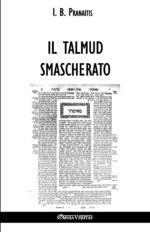The creation of money should be in the hands of the State or Head of Government and not in the hands of private banking. The state would issue sufficient money to enable the buying power to keep pace with production. Paper money issued by banks is not real money but “Promise to Pay” money and the amount in circulation bears little relation to the amount of goods and services available. When there is less money than goods, people go short of food and clothes. When there is more money than goods prices rise and people pay more and more for less and less.















